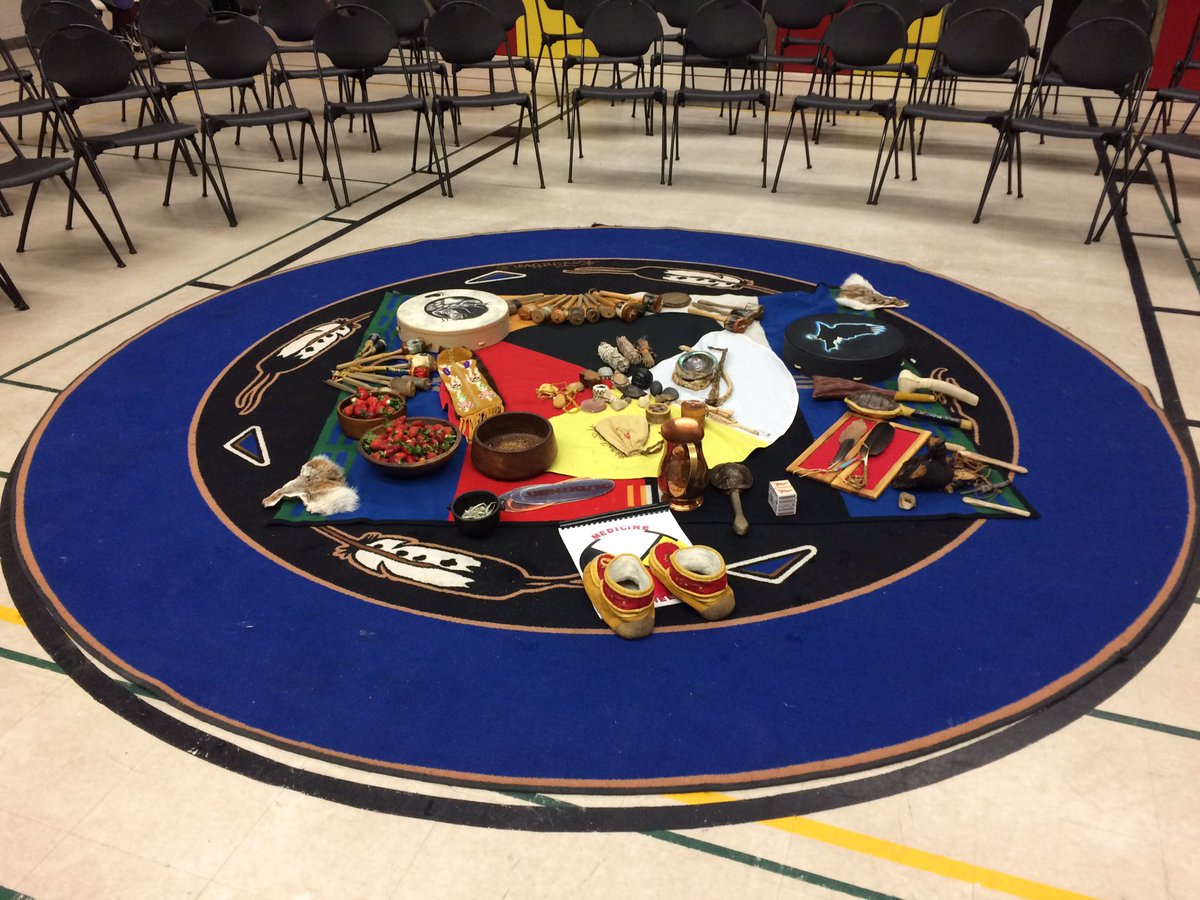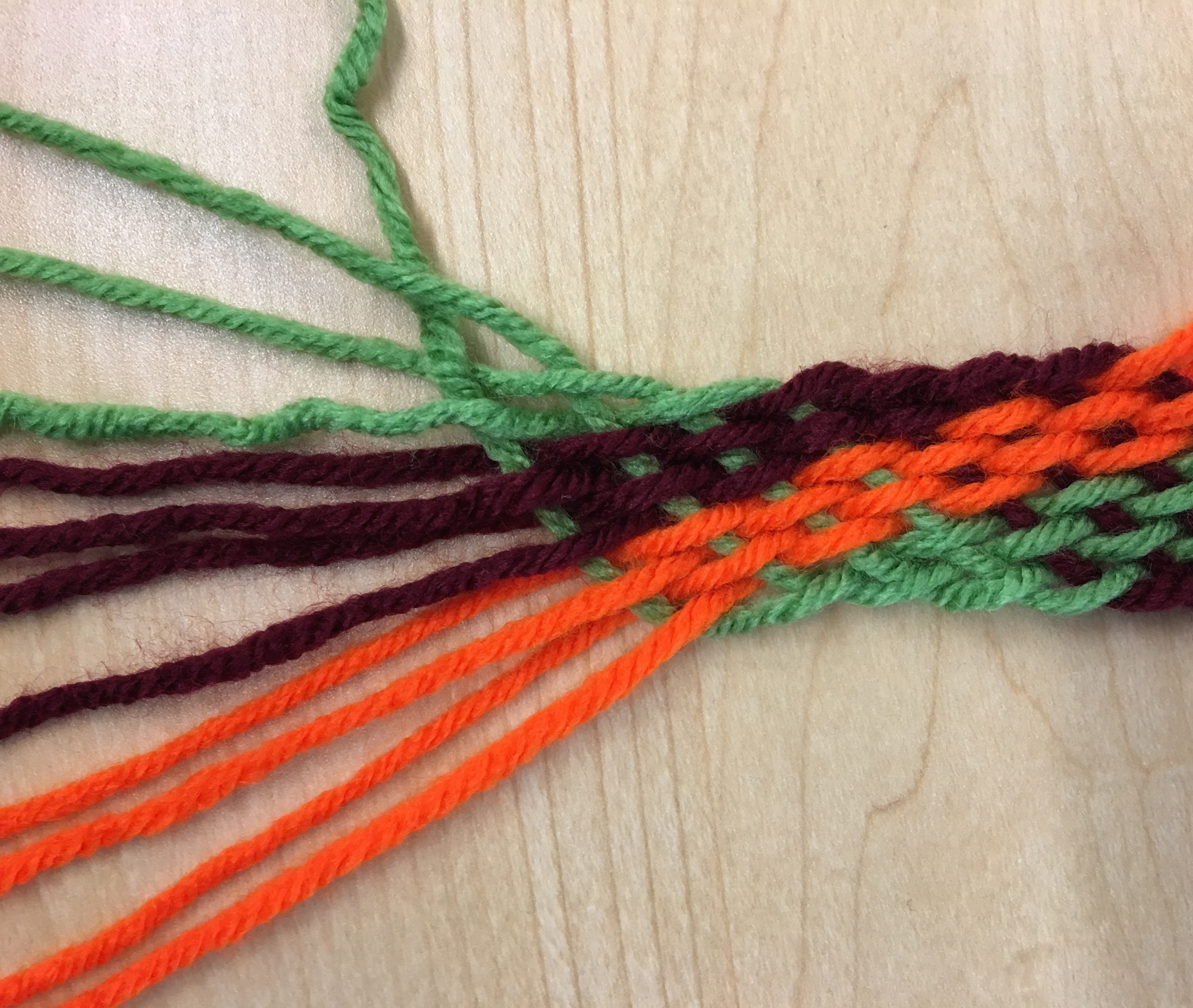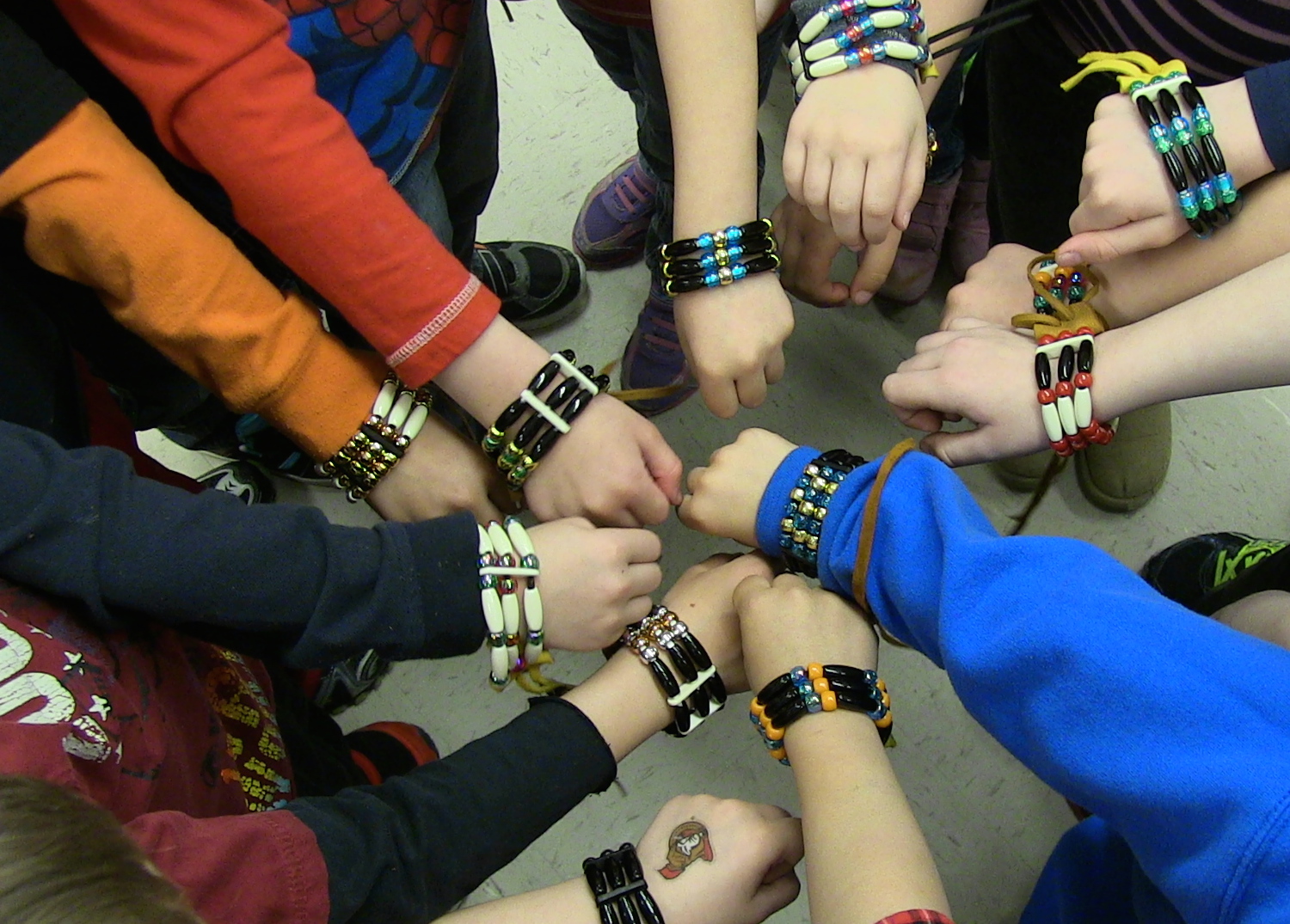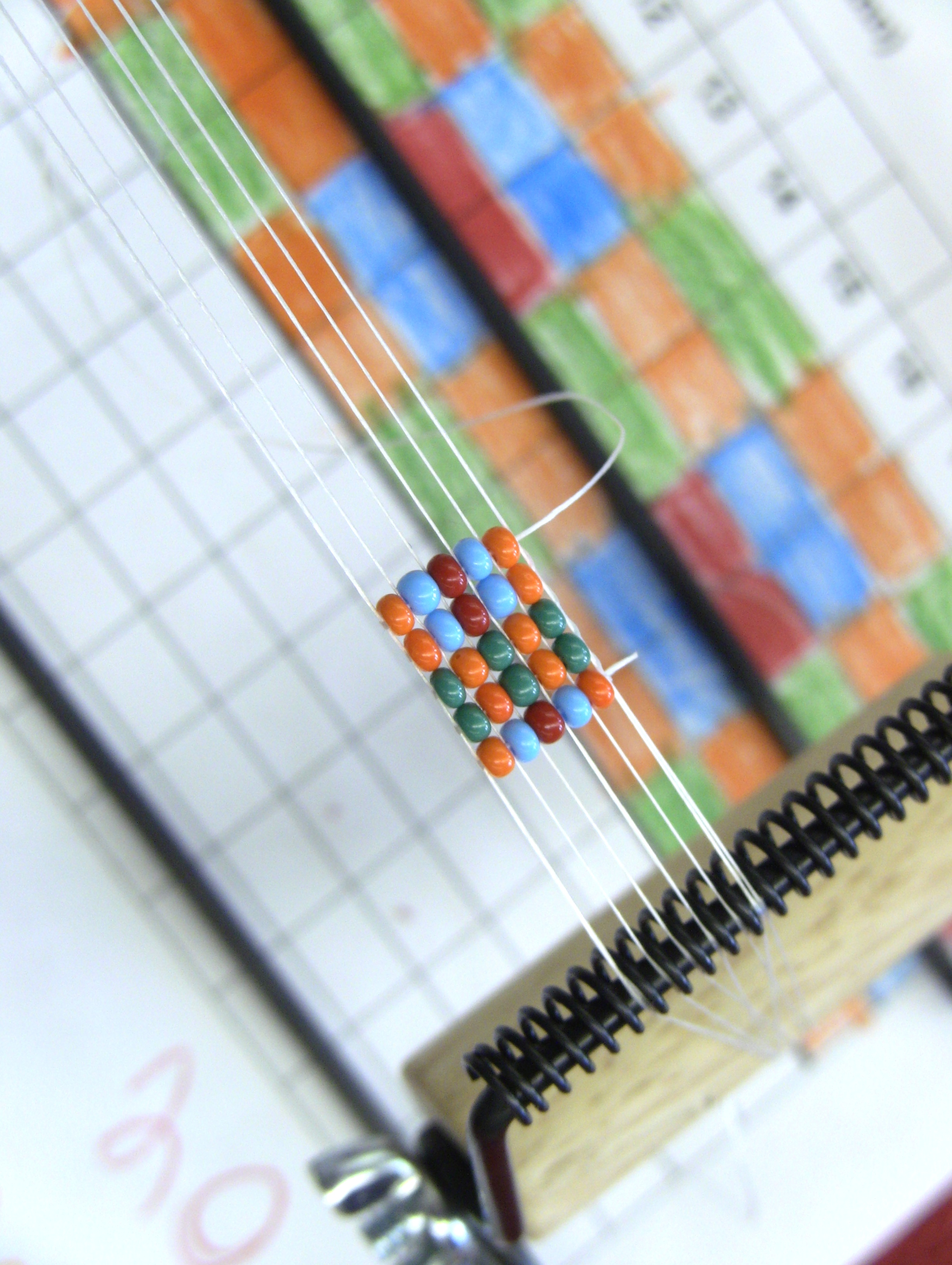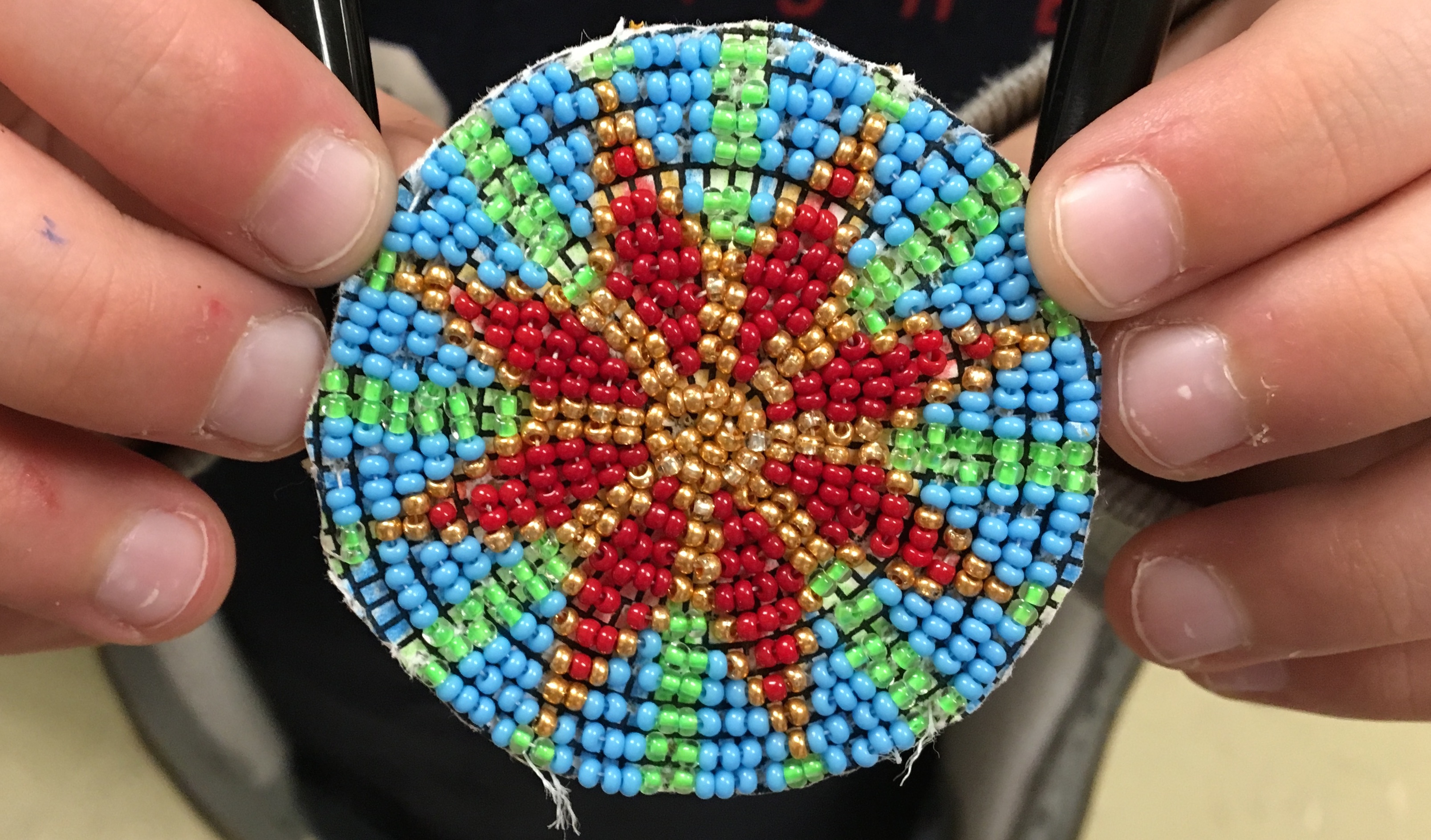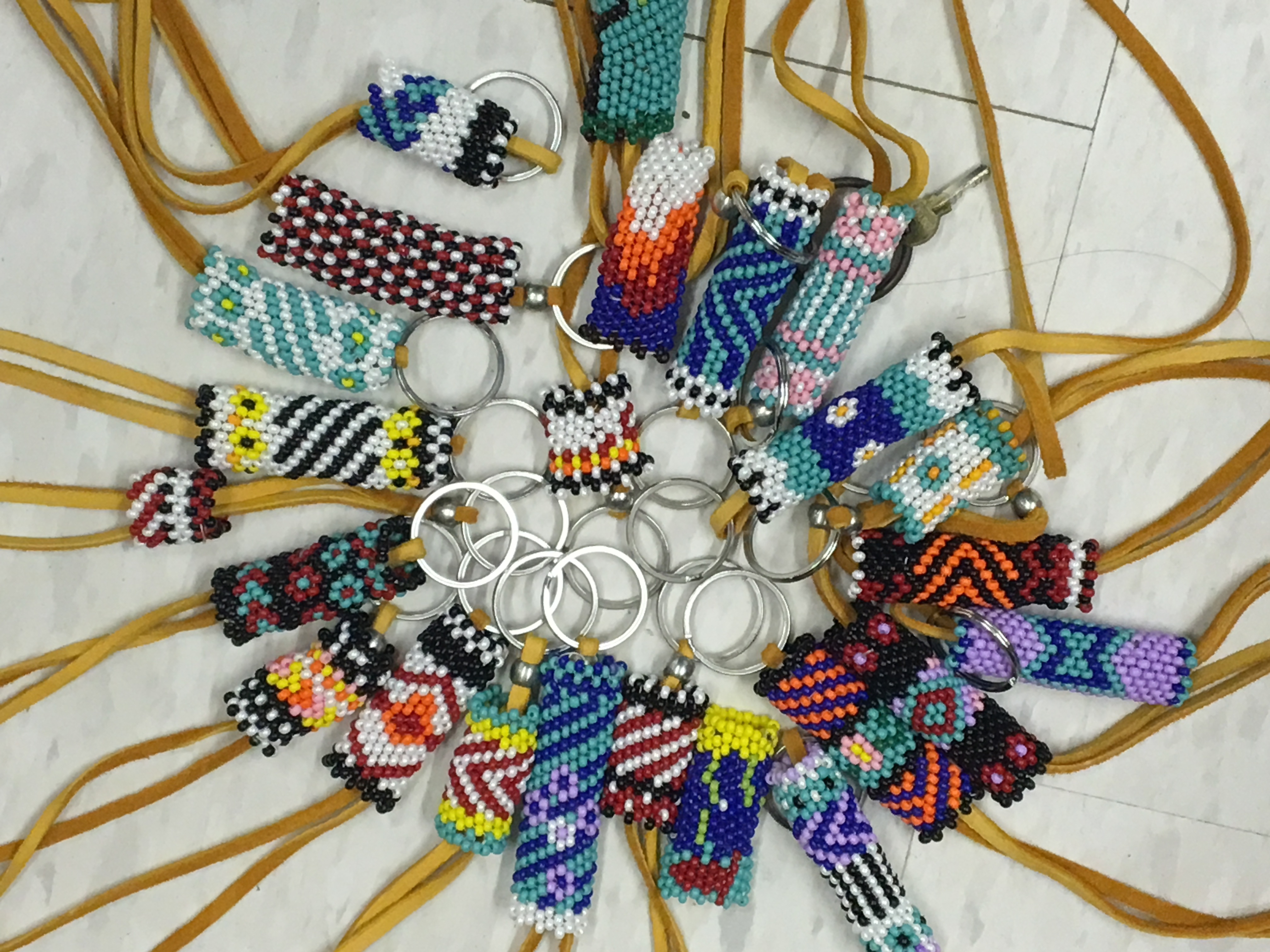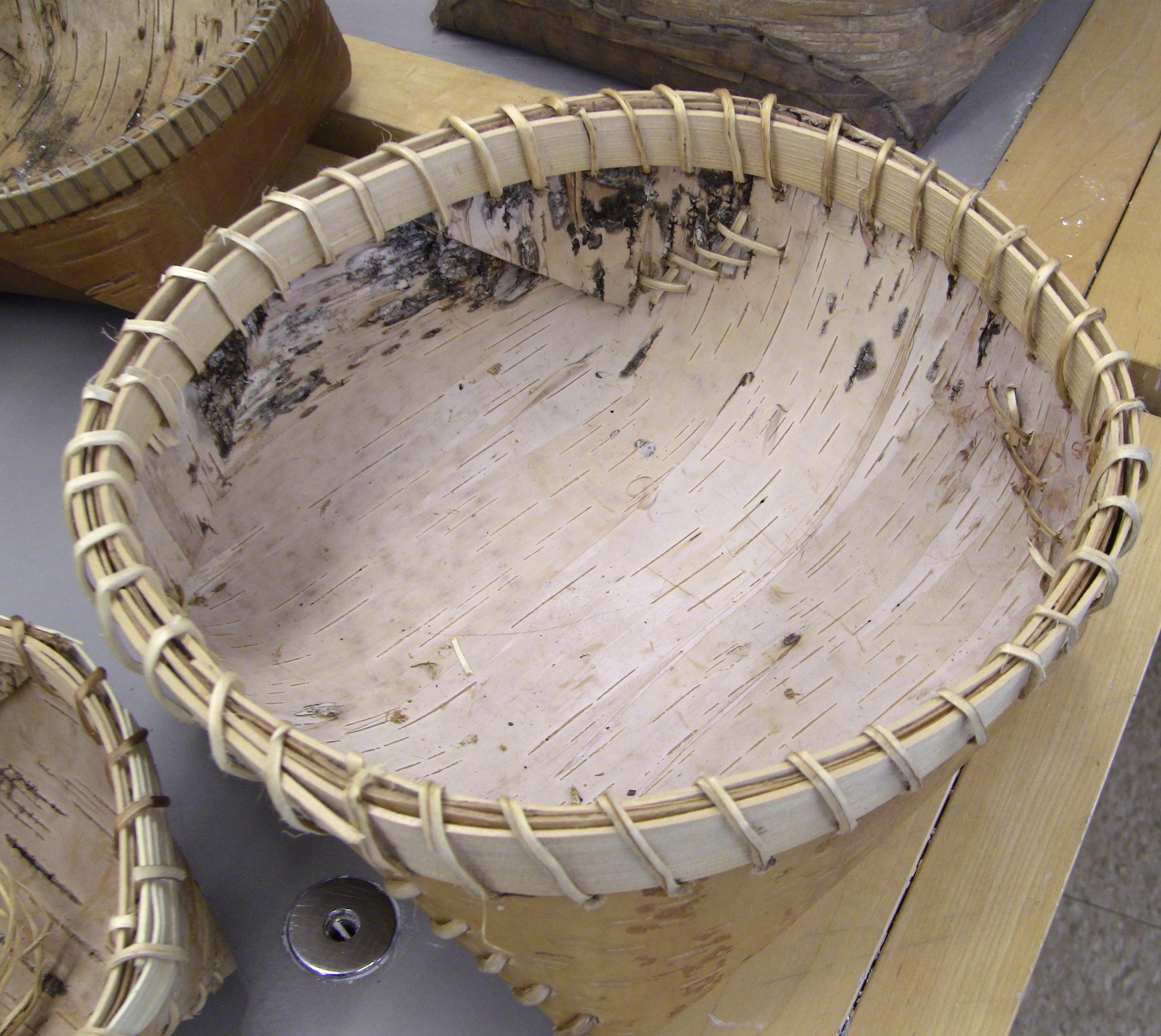Workshops
We believe it is important for participants to be fully immersed in the experience of exploring mathematics through culture. During each three-hour workshop participants will examine the mathematics inherent in traditional Indigenous technologies and cultural practices and how students learn through engaging in these practices. We’ll also consider how incorporating Indigenous pedagogical approaches align with current mathematics instruction and provide insight for creating inclusive classrooms. Finally, we will consider the voices of community members as they reflect on the importance of including First Nations culture in the mathematics classroom. We are also offering a workshop on developing cultural mindfulness, facilitated by George Couchie, for those who are just beginning this work. Each conference attendee will have a choice of participating in three workshops.
Cultural Mindfulness – George Couchie
George Couchie, member of Nipissing First Nation and Cultural Teacher, will guide learners in a sessional format to include a learning circle where participants will explore Indigenous ways of knowing, culture, histories and perspectives. Please join in our learning session to share knowledge and understanding to work together towards a journey of reconciliation. Together, we will learn about Indigenous culture, history, and celebration.
Finger Weaving (Primary/Junior) – Nathalie Bertin, Ruth Beatty, Nina Perreault-Primeau, Michelle Brouillette
Learn from artist Nathalie Bertin about the significance of the Métis sash, and uncover the potential of finger weaving to teach patterns and spatial reasoning. We will also investigate the connections between Lynx coding and finger weaving, and how this supports students’ computational thinking.
Hairbone Pipe Bracelets (Primary) – Christina Ruddy and Jody Alexander
In this workshop participants will explore the cultural significance of hairbone pope bracelets along with early mathematical concepts including proportional and multiplicative reasoning, patterning, symmetry, and algebraic thinking.
Looming (Primary/Junior) – Jennifer Parkinson, Leslie-Anne Muma, Heather Lett
Learn the principles of Métis design interpreted in Anishinaabe loomwork and how this supports the development of mathematical concepts such as measurement, proportional reasoning, and patterning. We will also investigate the connections between Lynx coding and looming, and how this supports students’ computational thinking.
Medallions (Junior/Intermediate/Senior) – Vina Hendrix, Jeannette Gilbert, Michael Fitzmaurice, Jules Bonin-Ducharme, Danielle Larouche, Angèle Beaudry
Participants will learn design and beading techniques from Matachawan First Nation Elders Vina Hendrix and Jeannette Gilbert. We will investigate the complex mathematics inherent in creating circular medallions, including symmetry, number sense, and quadratic relationships.
Peyote Stitch – Naomi Smith, Colinda Clyne, Bonnie Sears
Participants will learn more about the importance of beading in Anishinaabe culture from artist Naomi Smith. She will teach design and beading techniques for the complex peyote stitch, which offers a unique opportunity to play with symmetry and tessellations.
Wiigwaas Mukuk – Anika Guthrie, Elliott Cromarty, Kris Sandberg
Learn how to make a birch bark basket, the processes for harvesting and preparing materials, and some important cultural teachings. Mathematics inherent in this traditional technology includes surface area, volume, capacity, measurement, and proportional reasoning.


